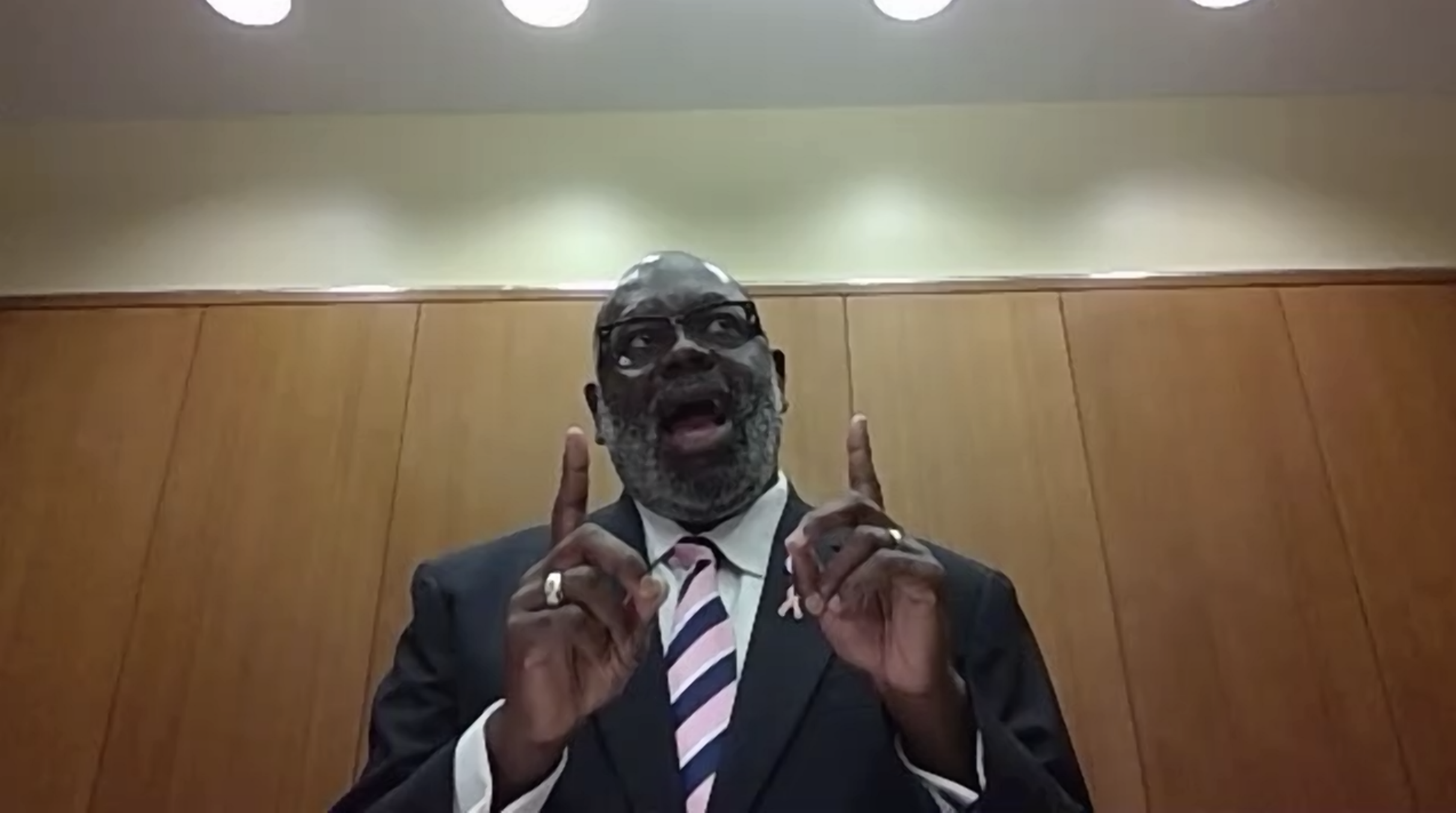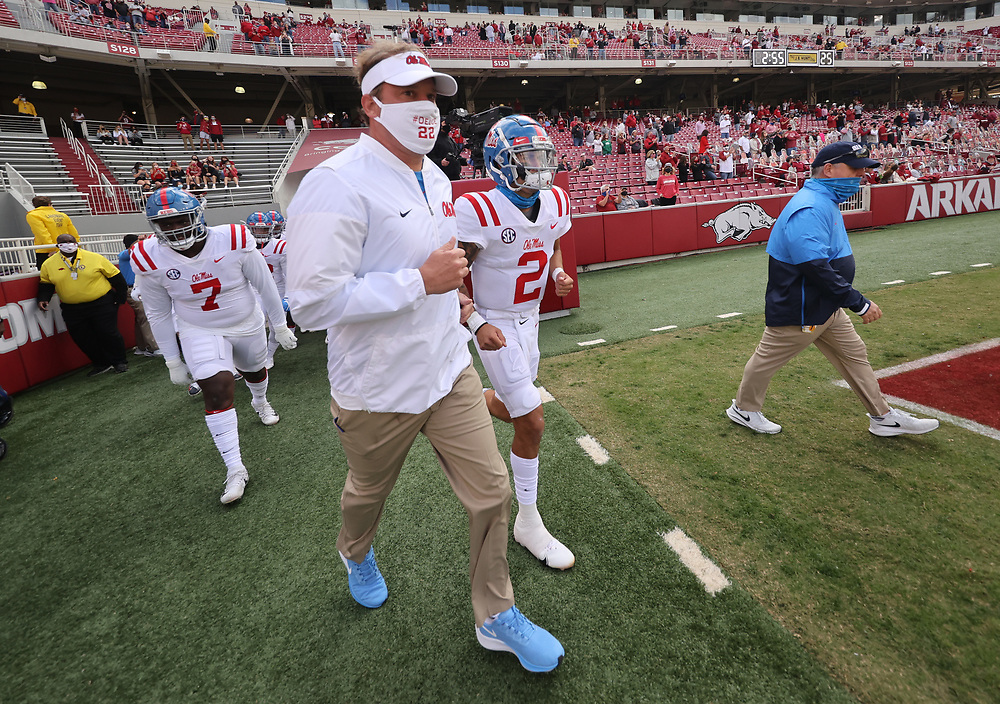The Sally McDonnell Barksdale Honors College hosted U.S. District Judge Carlton Reeves to discuss civil liberties and the U.S. justice system on Tuesday as a part of the second installment in the Honors Convocation series.
Reeves said civic duties such as voting and serving on a jury are critical to the justice system, especially in the current political climate. He also encouraged students to vote if they are able and to use their voices no matter their backgrounds.
“No matter who you are, your vote is an equalizer,” Reeves said.
When emphasizing the importance of voting, Reeves quoted Martin Luther King’s “Show Us The Ballot” speech and autobiography.
Reeves referenced King’s “Mississippi challenge,” a challenge that pushes for Mississippi to have a more-representative government. Reeves claims this is why it is so important to exercise one’s right to vote.
“If you want to use your vote to throw a curveball or usher in new balls, young folk, do it,” Reeves said.
While Reeves recognized that he was speaking more to faculty when discussing the importance of serving as a juror, he said jury duty is another place one could serve as an equalizer. He admitted that there are different perspectives among generational gaps, and he said that these perspectives are what the courts want to hear.
“Your world is what we need to hear about,” Reeves said.
Reeves went on to describe the underrepresentation that can appear when choosing jurors, including studies that show jury decisions differ when women are added to gender-specific cases, or that cases can have different rulings when minorities are added to juries. Quoting psychologist Carol Gilligan, Reeves said that men and women have different “moral reasoning processes.”
Reeves also mentioned that Yazoo City schools were not integrated until after the case of Alexander v. Holmes in 1969, after the ruling of Board v. Education, which mandated integration in much of the country. He was a member of the first completely integrated class to graduate from Yazoo City Public Schools.
Reeves said that people rarely offered minority perspectives in court until cases like Alexander v. Holmes forced policy changes.
“(Courts) operate, and they see things through the prism of their lived experiences,” Reeves said.
He emphasized the idea that everyone has a perspective and it’s valued.
“You have your perspective, and what we all do is make sure that we leave whatever city we live in (and) whatever country we live in, we leave it back for the persons who are behind us,” Reeves said.
















